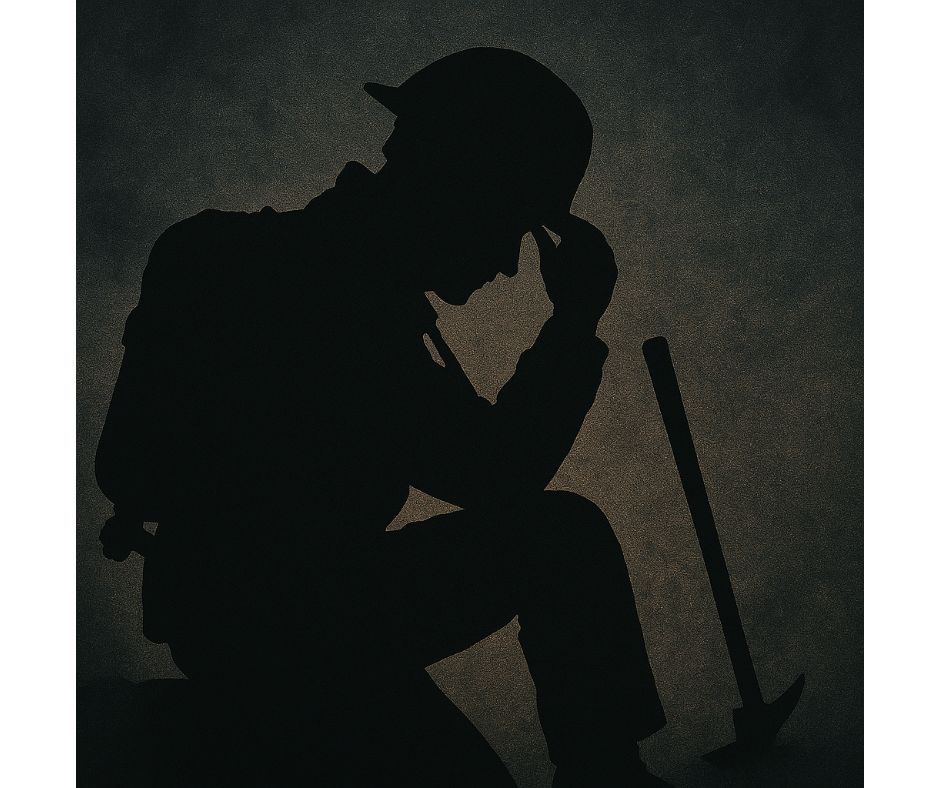
Wildland Firefighters & Complex PTSD
Share
Wildland firefighters are facing a growing mental health crisis. As fire seasons become longer, more intense, and more frequent, the psychological toll on wildfire professionals continues to rise.
One of the most pressing concerns is Complex PTSD—a lesser-known and often misunderstood form of post-traumatic stress disorder. Unlike traditional PTSD, which typically stems from a single traumatic event, Complex PTSD develops gradually through repeated exposure to high-stress, high-risk environments. Its onset can be subtle, and symptoms may go unnoticed until they become deeply ingrained.
According to data from the 2022 delivery of Resilient Minds Training by the Canadian Mental Health Association (CMHA):
• Symptoms of psychological disorders are four times higher than the national average
• Over 55% of participants reported suicidal symptoms at clinically significant levels
• 78% of surveyed wildland fire personnel identified mental health as a top-three health research priority
Common symptoms of Complex PTSD include:
• Emotional exhaustion and detachment
• Sleep disturbances and nightmares
• Hypervigilance and irritability
• Difficulty concentrating and decision-making
• Physical symptoms such as headaches or chest pain
Despite the urgency, significant gaps remain in research on the mental health impacts of wildland firefighting. Most existing studies focus on structural firefighters, leaving wildland crews underrepresented—despite their distinct challenges, such as remote deployments, seasonal employment, and prolonged exposure to trauma. Support staff and non-suppression roles are also frequently overlooked, even though they face many of the same stressors.
Complex PTSD is real. It’s rising. And it’s time we start talking about it.
